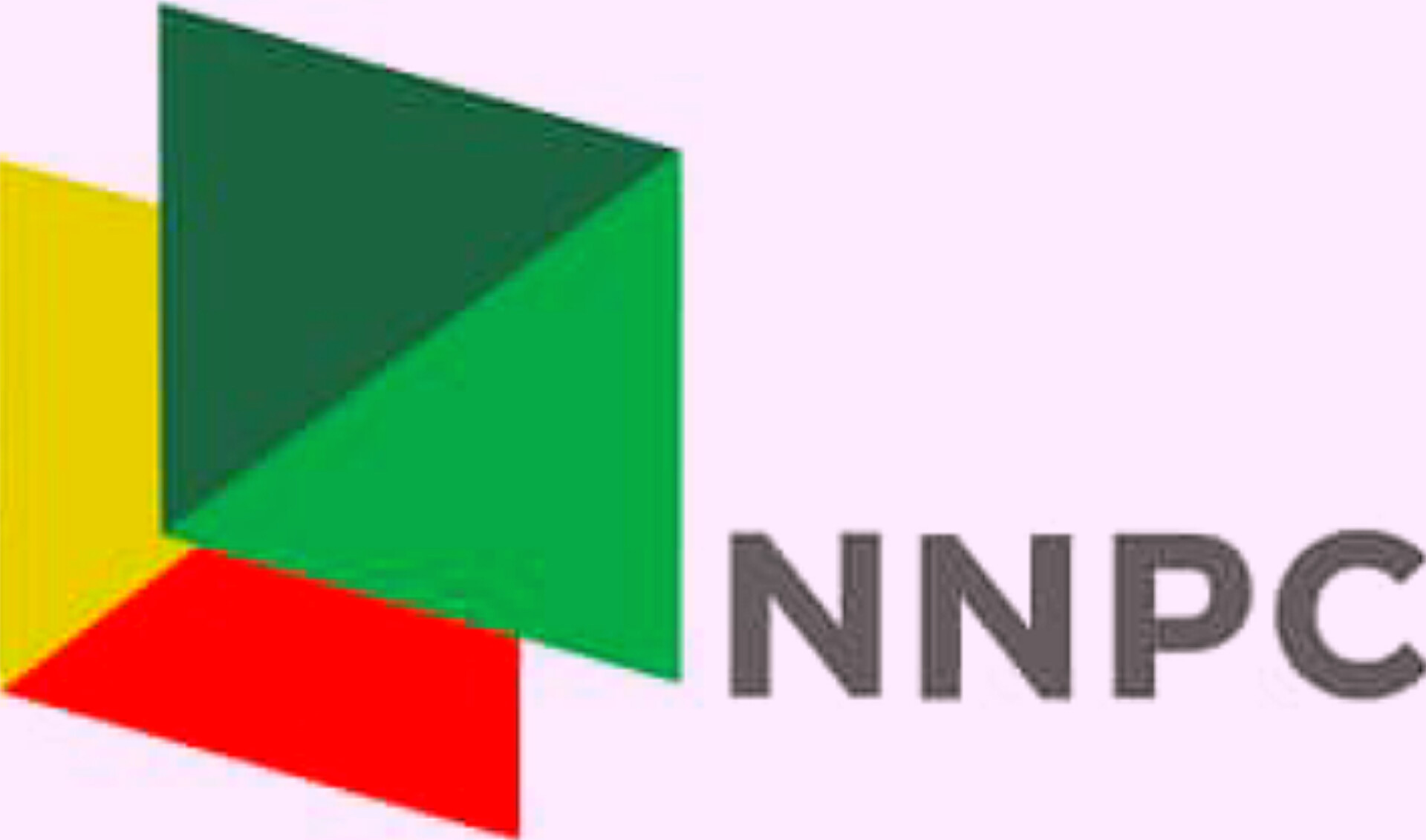News
Nigerians Criticise NNPC over ‘Insufficient’ N910 Fuel Price Reduction

By Ohworisi Elohor
The Nigerian National Petroleum Company Limited (NNPC Ltd) came under heavy criticism from Nigerians following its announcement of a reduction in the pump price of petrol to N910 per litre. The move, which was intended to mark a milestone in the company’s operations, was widely described as inadequate amidst the nation’s deepening economic challenges.
The announcement coincided with the release of NNPC’s 100-day performance scorecard under the leadership of its Group Chief Executive Officer, Engr. Bashir Bayo Ojulari. However, the celebrations were overshadowed by public outrage, as many Nigerians argued that the achievements presented by the company did not reflect the lived realities of citizens grappling with high fuel costs and inflation.
Public reactions on social media, particularly on the platform X, reflected widespread dissatisfaction. The hashtag #NNPC100Days briefly trended, with users criticising what was perceived as a focus on image management rather than delivering real progress in the energy sector.
In a statement issued on July 23, 2025, NNPC highlighted several initiatives undertaken during Ojulari’s first 100 days, including assessments of key refineries, strategic engagements with the Dangote Refinery, and a long-term vision to boost Africa’s refining capacity. The company also outlined ambitious goals such as increasing daily crude oil production to two million barrels by 2027 and securing $30 billion in investments by 2030.
Despite these announcements, public sentiment remained largely critical. Observers questioned the actual impact of the company’s plans and the current state of fuel distribution and refinery operations in the country.
“It was noted that while NNPC marked 100 days in office, Nigerians continued to queue for fuel at unaffordable prices,” one energy analyst commented anonymously. “The refineries remained largely inactive, and fuel importation persisted despite years of investment.”
Financial transparency also emerged as a key concern. Citizens referenced the ongoing Senate investigation into the alleged unaccounted N210 trillion, suggesting that it was inappropriate to celebrate achievements amid unresolved financial discrepancies.
Refinery rehabilitation efforts were also questioned. It was observed that the Warri Refinery had remained shut since January 2025, while the Port Harcourt Refinery was operating at below 40 percent capacity. Industry watchers pointed out that despite significant capital outlays, the expected outcomes had not been realised.
Critics further argued that the company’s scorecard lacked measurable indicators of success. While broad visions were shared, no concrete data or verifiable achievements were presented to demonstrate real progress.
With frustration mounting among the public, both NNPC and the Tinubu administration were urged to shift focus from public relations narratives to tangible reforms that would deliver energy security and economic relief for Nigerians.













